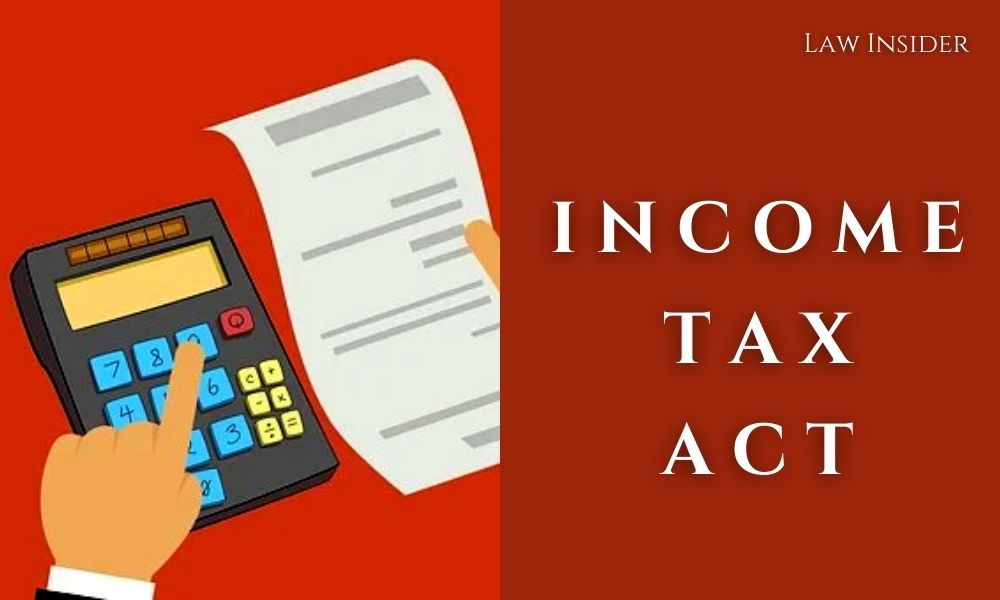Mitali Palnitkar
Published on: March 6, 2022 at 11:37 IST
The Calcutta High Court ruled that when a Company is established as a Non-Profit Organization, and the profits incurred are applied only for promoting its objects, the activities of the Company would by necessary implication fall under the definition of a “Charitable Purpose” under the Income Tax Act, 1961.
The Bench comprised Justices TS Sivagnanam and Hiranmay Bhattacharyya.
The Assessee Company was established under the Ministry of Culture by the National Council of Science Museum. It was registered under Section 25 of the Companies Act, 1956.
The Assessee had applied for registration under Section 12AA of the Income Tax Act; registration was granted to it.
It carried out various turnkey projects throughout the country including for the Reserve Bank of India. However, it declared its income to be Nil while filing Income Tax Returns claiming exemption under Section 11 of the Act.
After the Assessing Officer conducted scrutiny assessment, it was held that the surplus was generated through commercial activities, and hence disallowed the exemption under the proviso to Section 2(15) and Section 13(8) of the Act.
An Appeal was filed before the Commissioner of Income Tax (Appeals) by the Assessee against the Impugned Order. However, it was dismissed. The Appeal before the Kolkata Bench of Income Tax Appellate Tribunal (ITAT) was also dismissed. Thereafter, an appeal was filed before the High Court.
The Counsel for Assessee submitted that its activities were deemed to be Non-Profit and its objectives should be accepted as charitable and not commercial.
The Counsel for the Department argued that the Company’s activities including were commercial and were performed in nature of a contractor.
Section 11 of the Income Tax Act provides that income from property held under charitable trust should not be included in total taxable income to an extent where it was applied to Charitable purposes in India.
The Court perused the main objects of the Assessee and observed that ITAT misread the nature of the Company’s Activities. It held that projects carried out by Assessee such as the establishment of museums, science centers were in the Public Interest.
It further observed that Technical Expertise and Research done by Assessee were not within the capacity of a contractor.
It held that the Assessee was a Non-Profit Organization providing Education and Public Utility; thus its activities fell within the definition of “Charitable Purpose” under Section 2(15) of the Act. The Court allowed the Appeal.
Also read:
What is the Taxation Laws Amendment Bill, 2021?
Grounds for Appeal in High Court

